Topic List
Recommended Projects
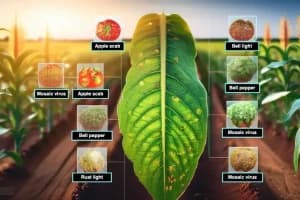
Crop Disease Detection Using YOLOv8
In this project, we are utilizing AI for a noble objective, which is crop disease detection. Well, you're here if...
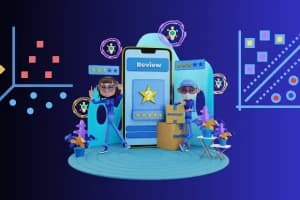
Topic modeling using K-means clustering to group customer reviews
Have you ever thought about the ways one can analyze a review to extract all the misleading or useful information?...

Optimizing Chunk Sizes for Efficient and Accurate Document Retrieval Using HyDE Evaluation
This project demonstrates the integration of generative AI techniques with efficient document retrieval by leveraging GPT-4 and vector indexing. It...
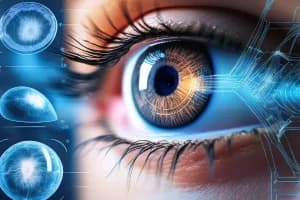
Automatic Eye Cataract Detection Using YOLOv8
Cataracts are a leading cause of vision impairment worldwide, affecting millions of people every year. Early detection and timely intervention...
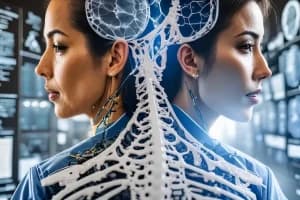
Medical Image Segmentation With UNET
Have you ever thought about how doctors are so precise in diagnosing any conditions based on medical images? Quite simply,...

Real-Time License Plate Detection Using YOLOv8 and OCR Model
Ever wondered how those cameras catch license plates so quickly? Well, this project does just that! Using YOLOv8 for real-time...

Build A Book Recommender System With TF-IDF And Clustering(Python)
Have you ever thought about the reasons behind the segregation and recommendation of books with similarities? This project is aimed...
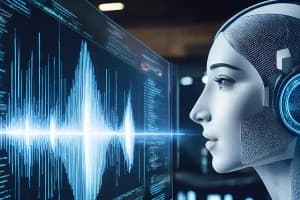
Voice Cloning Application Using RVC
Ever been curious about voice cloning? Thanks to advanced technology such as deep learning and RVC (Retrieval-based Voice Conversion), it...

HyDE-Powered Document Retrieval Using DeepSeek
In this project, we're combining some exciting technologies such as FAISS, DeepSeek, LangChain and HuggingFace to develop an intelligent information...
.webp&w=3840&q=75)
Sign language recognition
This project detects and classifies American Sign Language (ASL) alphabets...
Object Tracking QUIZ (MCQ QUESTIONS AND ANSWERS)
Total Correct: 0